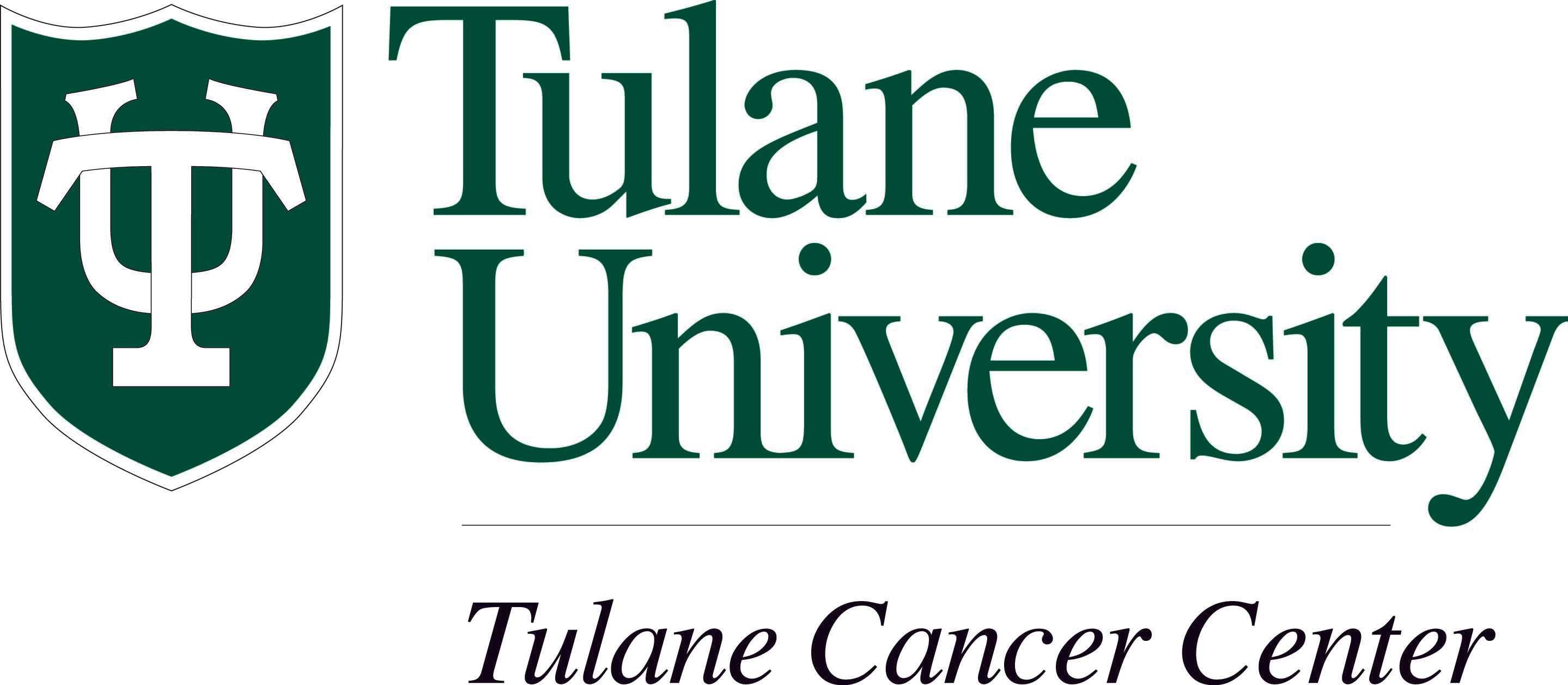
Dr. Barata on the Evolving Treatment Landscape in Urothelial Cancer

Pedro C. Barata, MD, MSc, discusses the evolving treatment landscape of urothelial cancer.
Pedro C. Barata, MD, MSc, associate professor of Medicine, Hematology, Medical Oncology, the Tulane University School of Medicine, discusses the evolving treatment landscape of urothelial cancer.
Though chemotherapy has traditionally been used as the first-line therapy for patients with urothelial cancer, checkpoint inhibitors have shifted into the first-line setting, Barata says. Historically, checkpoint inhibitors were used in the second line, but with agents such as avelumab being used in the frontline, other treatment options can be utilized following disease progression, including the antibody-drug conjugates (ADCs) enfortumab vedotin-ejfv (Padcev) and sacituzumab govitecan-hziy (Trodelvy), Barata explains
Additionally, new data have shown that these ADCs are active in earlier treatment settings, Barata continues. In the past, ADCs were available for patients who progressed on both chemotherapy and immunotherapy, and enfortumab vedotin is now available for patients who progress on only a checkpoint inhibitor, Barata concludes.




































